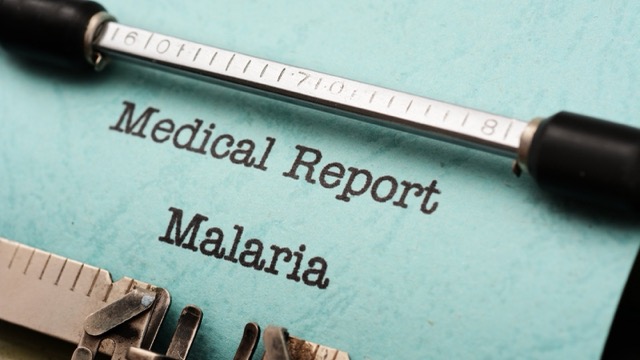The problem of Malaria
Malaria Information
Malaria is one of the leading causes of death among children worldwide. It is exclusively spread by female Anopheles mosquitoes. Each year, approximately 600,000 people die from malaria, with the majority of these deaths occurring in sub-Saharan Africa.
There are five main types of malaria parasites: Plasmodium falciparum, Plasmodium vivax, Plasmodium ovale, Plasmodium malariae, and Plasmodium knowlesi. The most deadly is Plasmodium falciparum, which can block the capillaries of major organs, potentially killing a person within hours.
Globally, there are around 249 million cases of malaria each year. This translates to approximately 680,000 cases per day and over 1,600 deaths per day. The World Bank estimates that malaria costs African economies about $12 billion annually due to healthcare expenses and lost productivity
Malaria is easy to catch but also easy to treat, prevent, and test for. Testing kits can cost as little as $0.36 each Medicines are usually affordable and readily available through local health departments or community clinics.
To combat malaria, it is crucial to help people make the right connections to address the disease effectively. Empowering NGOs and local communities is key to reducing the death toll.
Mosquito-Borne Diseases
Mosquitoes are tiny serial killers! The diseases they carry, such as Malaria, Filariasis, and Dengue fever, kill millions of people every year.
In the case of Malaria, approximately 600,000 people die from the disease each year, with most victims being pregnant women or children under the age of 5.
Filarial worms in humans can cause Lymphatic Filariasis, which develops into elephantiasis. This highly debilitating disease causes some parts of the body to grow to oversized proportions, leading to pain and discomfort for the rest of the victim's life.
Dengue fever is a flu-like viral disease spread by the bite of infected Aedes mosquitoes. Dengue hemorrhagic fever is a severe, often fatal, complication of dengue. There are approximately 390 million dengue infections each year, with about 96 million manifesting clinically. From these, around 22,000 deaths occur annually, mostly in children.
Mosquito Management and Malaria
Mosquitoes are manageable, and the diseases they spread are generally preventable. Death rates can be reduced, and the scourge of these diseases can be beaten.
Regarding malaria, there are many contributing factors to this epidemic. Malaria has effectively tightened its grip on poorer nations, where poverty compounds the impact of the disease.
The availability of effective medications depends on the funds available to purchase them. Hospitals in the developing world struggle to cope with the demands that malaria places on their meagre resources.
Nationwide mosquito eradication programs can be costly, and some countries lack the financial resources to fund these programs; however, community-based responses that utilise principles such as those outlined by Buzz Off can effectively reduce the impact of malaria.

